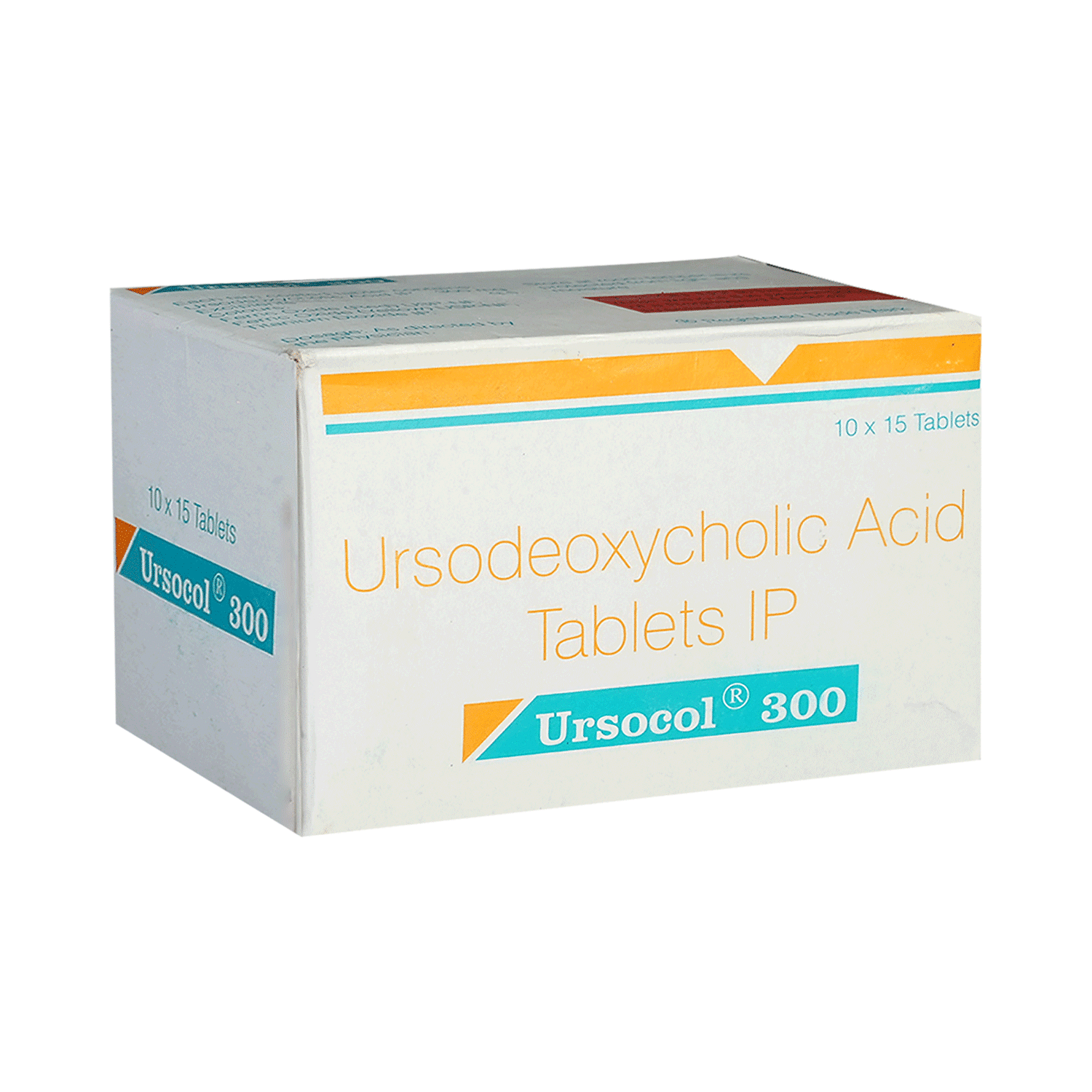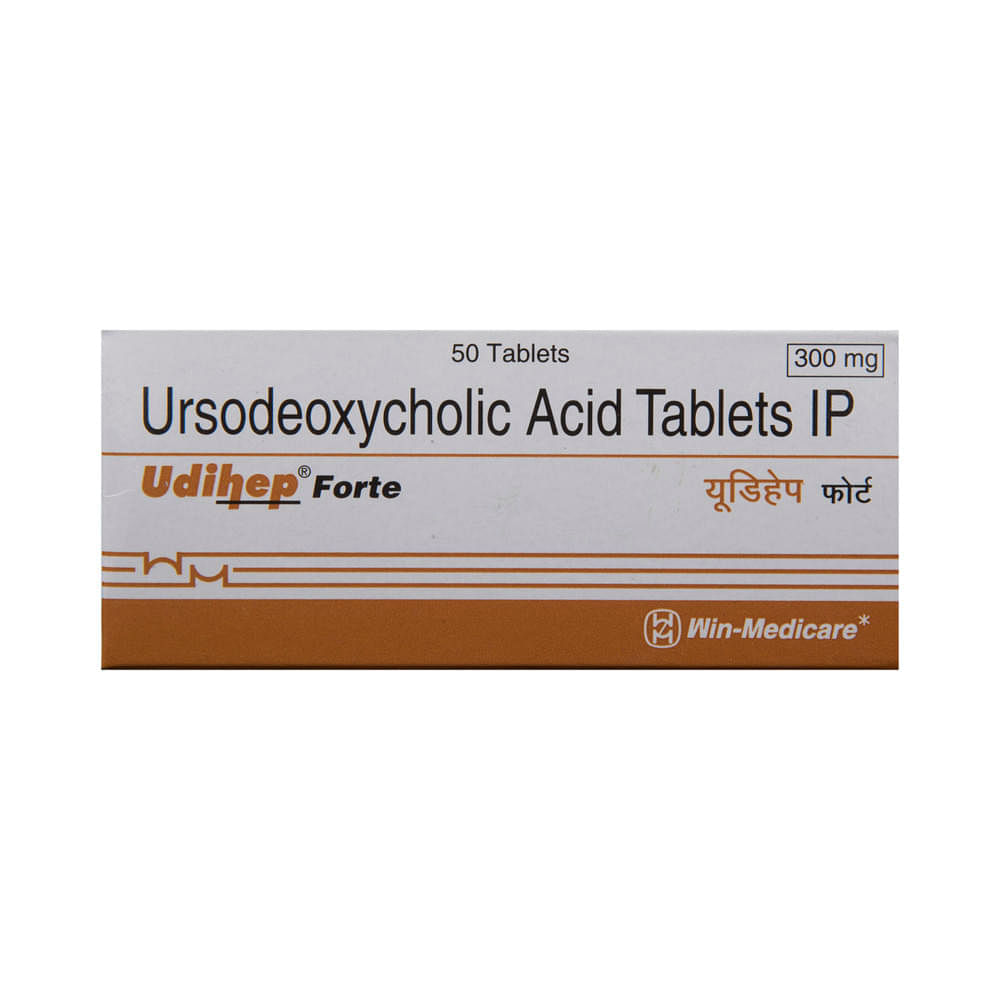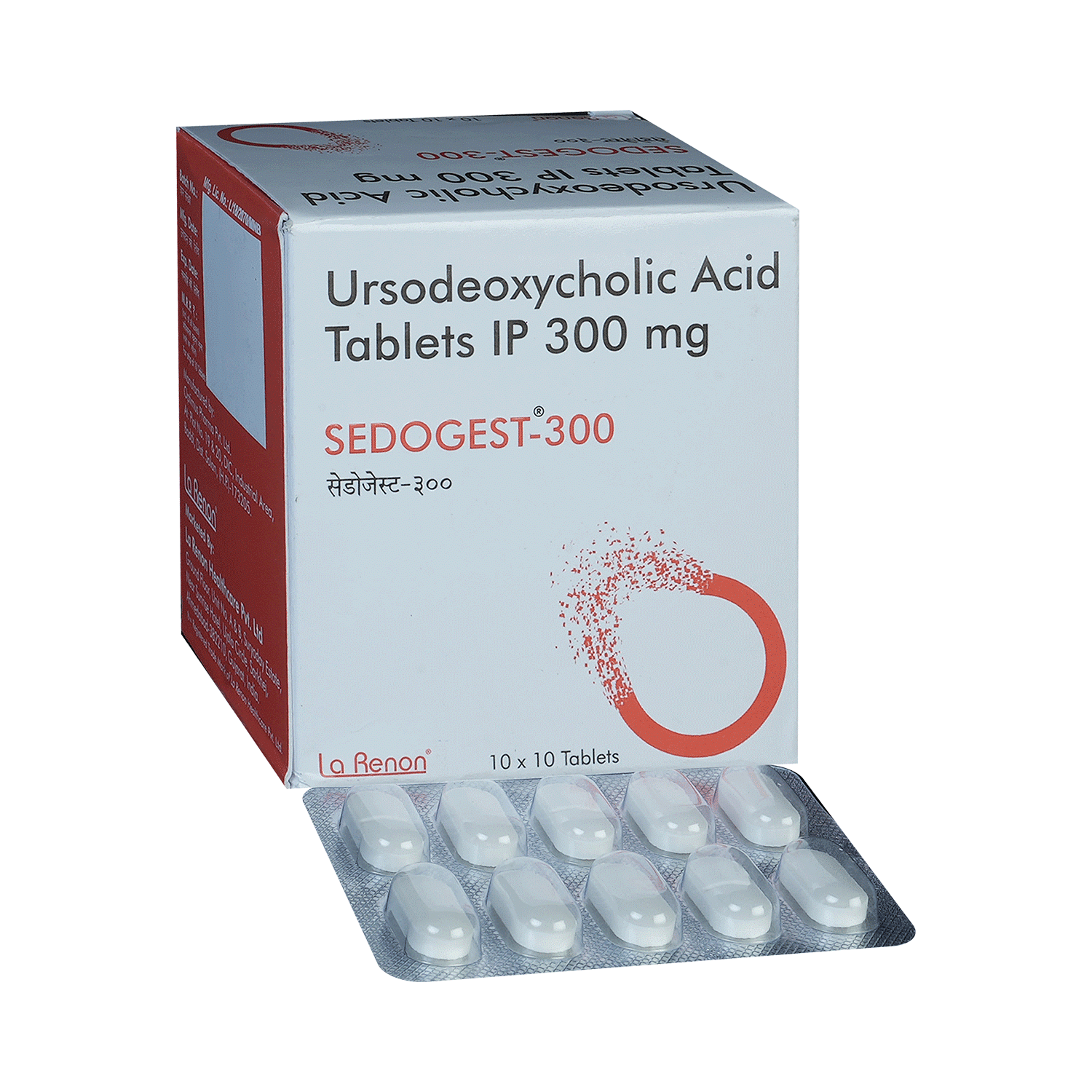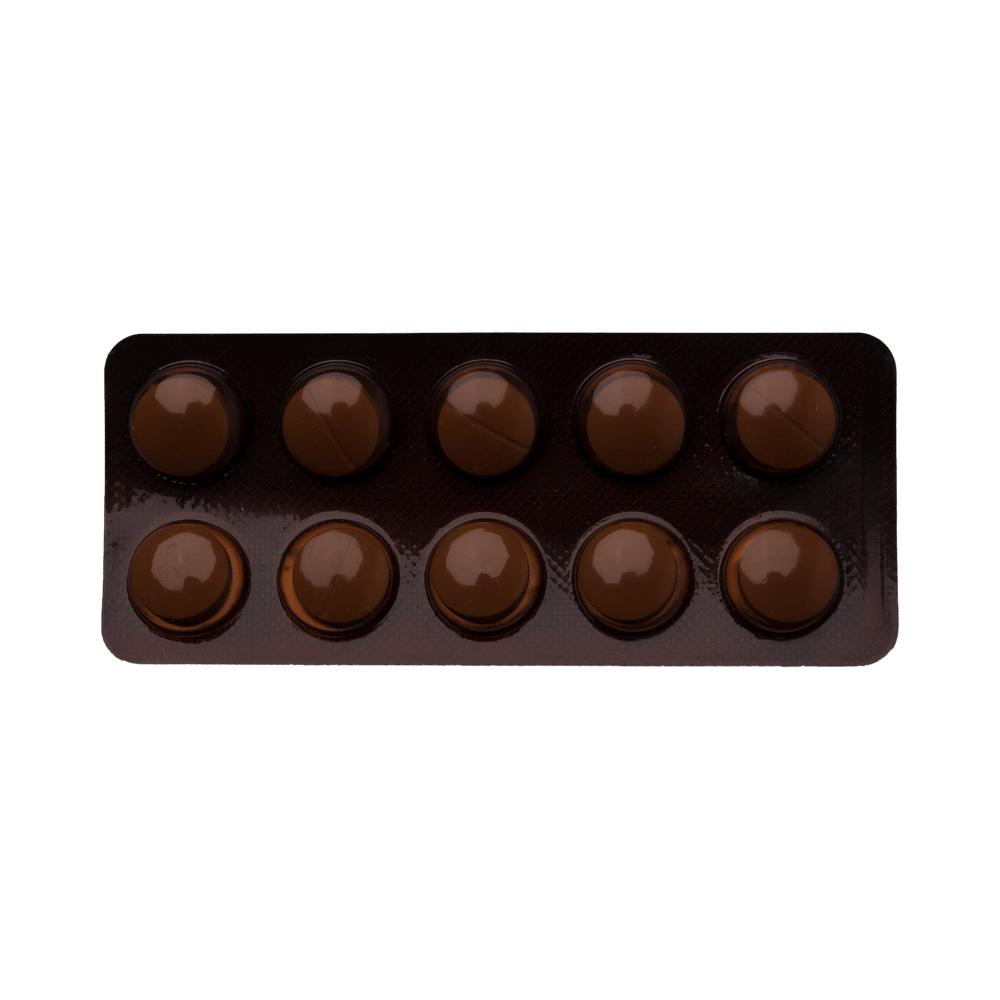
Urolic 300 Tablet
Manufacturer
Atlantis Formulations Pvt Ltd
Salt Composition
Ursodeoxycholic Acid (300mg)
Key Information
Short Description
Urolic 300 Tablet is used to dissolve certain gallstones and treat primary biliary cirrhosis by breaking down cholesterol stones in the gallbladder.
Dosage Form
Tablet
Introduction
Urolic 300 Tablet should be swallowed whole after a meal with a glass of milk or water. The dose depends on your condition and body weight. Take it regularly for maximum benefit and continue as prescribed. Common side effects include abdominal pain, diarrhea, hair loss, itching, nausea, and rash. Inform your doctor if these persist. Before taking, disclose any gallbladder inflammation, frequent upper abdomen pain, coughing up blood, or rapid weight gain. This medicine can interact with other medications, so inform your doctor of all medicines you are taking. Women should discontinue hormonal birth control pills as they can increase gallstone production. Regular ultrasound scans and blood tests may be needed to monitor liver function.
Directions for Use
Take this medicine in the dose and duration as advised by your doctor. Swallow it whole with food. Do not chew, crush, or break it.
Safety Information
Side Effects
Abdominal pain Diarrhea Hair loss Itching Nausea Rash
Alcohol Warning
Urolic 300 Tablet may cause excessive drowsiness with alcohol.
Breastfeeding Warning
Urolic 300 Tablet is probably safe to use during breastfeeding. Limited human data suggests that the drug does not represent any significant risk to the baby.
Pregnancy Warning
Urolic 300 Tablet is generally considered safe to use during pregnancy. Animal studies have shown low or no adverse effects to the developing baby; however, there are limited human studies.
Interacting Medicines
Ciclosporin
How it works
Urolic 300 Tablet is a hepatoprotective medication. It reduces cholesterol in the blood and helps dissolve gallbladder stones composed mainly of cholesterol. It also improves liver enzymes, protects liver cells from injury due to toxic bile acids, and enhances liver function.
Quick Tips
Urolic 300 Tablet should be taken after a meal with a glass of milk or water. Eat a healthy diet, exercise regularly, and avoid alcohol intake. Diarrhea may occur as a side effect. Drink plenty of fluids and inform your doctor if diarrhea persists or if you find blood in your stools. Your doctor may monitor your liver function and bilirubin levels every month for the next 3 months after the start of therapy and every 6 months thereafter. Do not stop taking the medication without talking to your doctor.
Related Medicines

Ursocol 300 Tablet

Ursocad 300mg Tablet

Udihep Forte Tablet

Ulyses 300 Tablet

Ursolid 300 Tablet

Fortibile 300 Tablet

Ursodox 300mg Tablet

Sedogest 300mg Tablet

Usibon 300 Tablet

Ursobiac 300 Tablet


